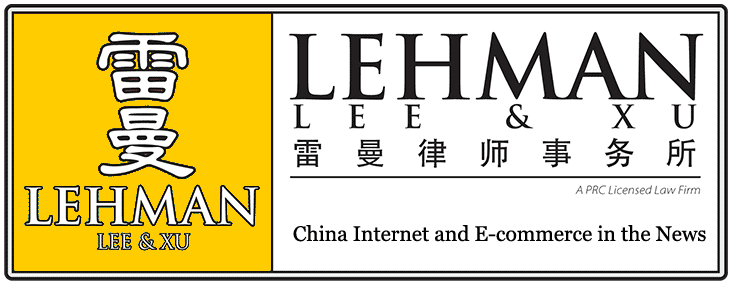Internet finance, which has been gaining momentum in China, met with regulatory tightening by the domestic financial authority this spring.
Just days after the conclusion of this year's "two sessions," during which there was much talk about supporting innovation in Internet banking, a draft document named Regulations on Payment Institutions' Online Payment Business was unveiled March 17. The draft document, sent by the Payment & Clearing Association of China to third-party payment companies, aims to impose strict restrictions on the latter's business development. Three days before the document was issued, the Payment and Settlement Department of the People's Bank of China (PBC) published a notice, calling a temporary halt to AliPay and Tenpay's quick response (QR) code payment and virtual credit card business.
The suspension order, which took AliPay and Tenpay as well as their creators, Alibaba and Tencent, by surprise, provoked a public backlash. The stock price of China Citic Bank, which was cooperating with Alibaba and Tencent separately to develop virtual credit cards, fell sharply at news of the suspension.
Behind all this drama is an interest struggle. Industry insiders generally agree that Yu'e Bao, for one, has offered savers a high-yield wealth management product and boosted the development of money market funds; at the same time it has accelerated the marketization of interest rates by pushing up commercial banks' borrowing costs. Therefore, interests will be re-distributed among Yu'e Bao's users, Alipay, Yu'e Bao's fund manager Tianhong Asset Management, and commercial banks. As regulatory agencies, the People's Bank of China (PBC), China's central bank, and the China Securities Regulatory Commission (CSRC) now face the challenge of balancing security and innovation in regulation.
Caijing learned that a State Council-level guidance on regulation of Internet finance, the drafting of which was led by the central bank, has completed two rounds of consultation and is expected to be unveiled in the near future if the following procedures go smoothly.
The draft document proposes regulating Internet banking based on four principles, namely moderate supervision, segment-specific regulation, collaborative supervision, and innovative regulation. The document further divided the Internet banking sector into five segments based on business models, i.e. third-party payment, P2P, crowd-funding, Internet wealth management, and Internet insurance, and introduced some ground rules for each segment.
In addition, competent authorities are expected to set out detailed rules and regulations to govern each of the five segments. For instance, the CSRC will soon enact regulations targeting money market funds sold online; while the P2P market will probably be regulated by the China Banking Regulatory Commission (CBRC). However, the operation of Internet finance products usually spans several segments, requiring regulatory coordination. For instance, Yu'e Bao is regulated by both the PBC and the CSRC.
In short, Internet finance is beginning to be brought under China's financial system and regulatory framework after nearly two years of rapid growth.
Internet banking became widely popular in China because of "financial repression" and regulatory gaps at home, said Dai Xianfeng, distinguished professor at Renmin University of China. However, Internet finance, which owes its rapid development to more aggressive regulatory arbitrage than traditional banks, has undoubtedly greatly boosted the development of China's financial sector.
Shifts in the financial system have always been a compromise among stakeholders with conflicting interests. Internet finance will be no exception. There may not be an optimal or ideal institutional structure for regulating Internet banking; but it is possible to reach some kind of equilibrium in the interest struggle.
http://www.ecns.cn/2014/03-31/107334.shtml |


